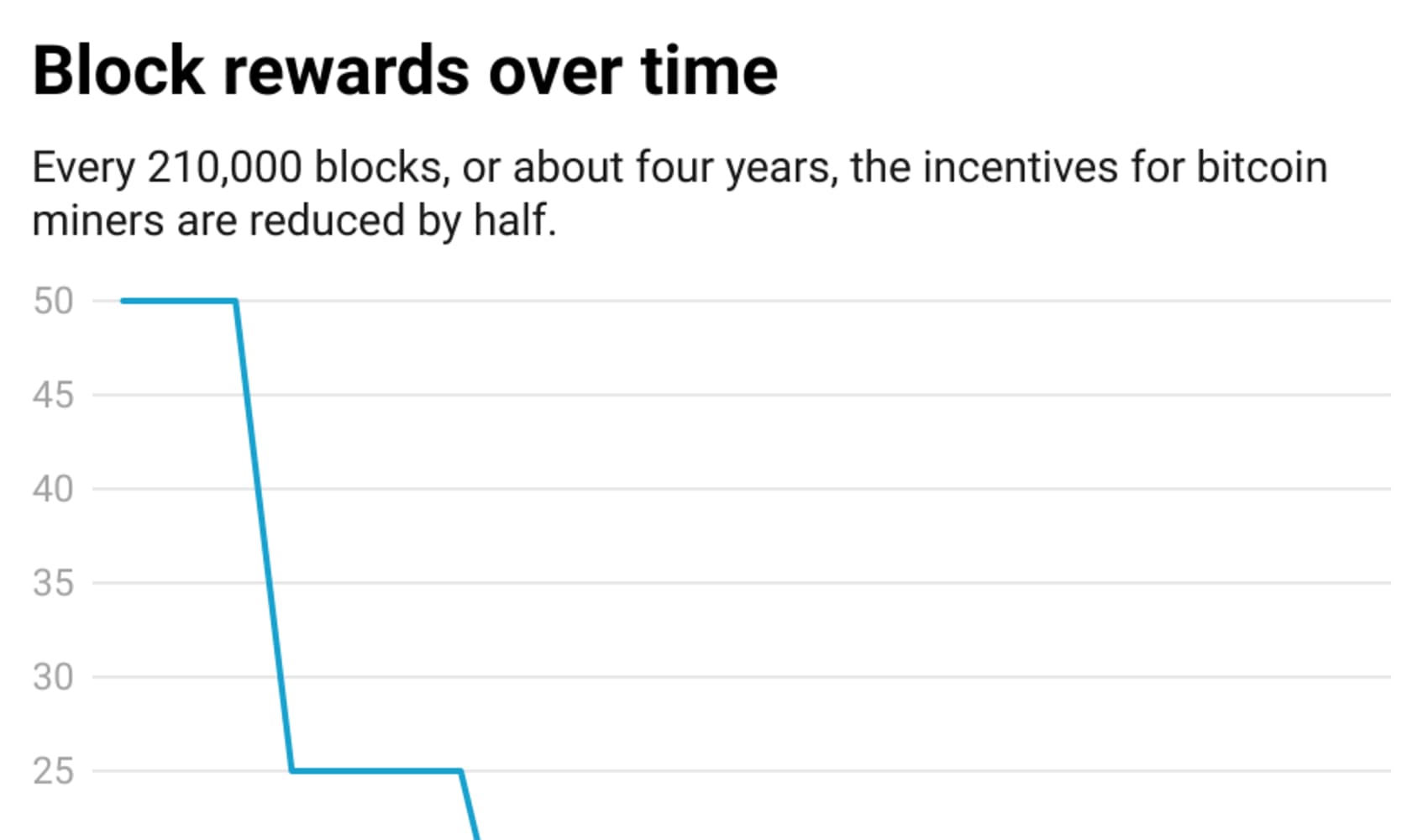
- A slew of interesting facts about Microsoft have emerged as part of the Federal Trade Commission's hearing in recent days to consider granting a preliminary injunction that would stop Microsoft from closing its Activision Blizzard deal.
- Microsoft's infrastructure business generated about $34 billion in revenue in the 2022 fiscal year, according to one document that became public in the proceedings.
- A different document showed that Microsoft considered the use of CrowdStrike, Okta and Symantec software among Microsoft clients in order to assess executive performance.
Microsoft and its current major acquisition target, video game publisher Activision Blizzard, have wrapped up their five days in court in San Francisco as the Federal Trade Commission sought to stop the deal from closing, but not without several fascinating facts coming to light.
And not only about games. Information on Microsoft's business ambitions, its process for okaying acquisitions, and its most critical rivals in cybersecurity was revealed as part of the hearing process, thanks to documents and testimony from executives. Large releases like this don't happen every day, and in the past several years Microsoft has avoided prominent trials that can result in several notable disclosures at once.
The FTC had originally planned to bring its case against the deal before an administrative law judge in August but then opted to seek a preliminary injunction in federal court as the agency became worried that Microsoft would try to close, even though some jurisdictions had not cleared the purchase.
We're making it easier for you to find stories that matter with our new newsletter — The 4Front. Sign up here and get news that is important for you to your inbox.
In addition to regulators in the U.S. and the United Kingdom, Sony also opposes the deal. Its PlayStation 5 console competes with the Xbox Series S and X consoles, and the company has said that anticompetitive effects would arise if Microsoft were to take control of Activision Blizzard.
Here's a rundown of notable facts that have trickled out in recent days and are still lingering after both parties presented their closing arguments on Thursday.
- Mobile, mobile, mobile. The impulse to expand Microsoft's gaming business on mobile devices at least in part inspired the Activision acquisition. "It was very imperative to us if we were going to remain [relevant and] grow relevance in the market, we were going to have to find mobile customers for Xbox," Phil Spencer, Microsoft's CEO of gaming, said last Friday. Revenue from mobile gaming is growing faster than revenue from gaming on PCs or consoles, and Microsoft executives repeatedly said in the hearings that the company has made little progress on building key mobile gaming content.
- Several earlier mobile targets. Microsoft considered several other companies before choosing to buy Activision Blizzard, including FarmVille publisher Zynga, Pokemon Go developer Niantic and Japanese digital entertainment mainstays Sega Sammy and Square Enix, according to testimony and documents released in the case.
- Interest in Asia. While Xbox consoles have a respectable market share in the U.S., they're less popular in Japan, where Nintendo and Sony rule. A 2019 analysis Microsoft produced for a possible Square Enix bid said that "acquiring Square Enix would provide Gaming with market relevance in a region that currently lacks a meaningful Xbox presence, allowing us to reach more gamers in more geographies."
- Valuable incentives. Sony has paid game developers fees to discourage them from shipping games such as "Ghostwire: Tokyo" and "Deathloop" on Xbox, Microsoft executives said. Microsoft pays its own fees, and Spencer said that buying Activision Blizzard would mean Microsoft wouldn't have to spend as much on incentives.
- Many games under consideration. One of the more dramatic moments in the five days of hearings was when the FTC's lead lawyer, James Weingarten, sought to push Spencer to make certain commitments on Microsoft's part. Weingarten got Spencer to say he would not pull any future Call of Duty game from PlayStation consoles, a statement that was in keeping with what Microsoft has said for months. Then Weingarten went further, asking Spencer to do the same thing with all Activision content. Spencer did not immediately agree. Activision Blizzard publishes many other games besides Call of Duty, such as those in the Diablo and Overwatch franchises, but the bulk of the attention was on Call of Duty. Jim Ryan, CEO of Sony Interactive Entertainment, wasn't happy with a Microsoft-generated list of Activision Blizzard games that would remain accessible on the PlayStation after the acquisition closes. "Overwatch is there, but Overwatch 2 is not on there, which is the current version of the game," he said.
- Microsoft's long-range ambitions. The FTC managed to get ahold of documents Microsoft CEO Satya Nadella sent to top executives and fellow board members that laid out Microsoft's financial goals for the current decade. The documents showed that Nadella is aiming for Microsoft to generate $500 billion by the 2030 fiscal year, with at least 10% year-over-year revenue growth. One document said Microsoft's Security, Compliance, Identity and Management business could reach $100 billion in revenue by the 2030 fiscal year, while the company wants its Teams communication app to reach 1 billion monthly active users by then.
- Weak hardware access. Spencer said during his testimony that Sony was reluctant to send Microsoft development kits for the PlayStation 5 before its 2020 release, and that prevented Microsoft from optimizing its Minecraft game for Sony's current console. That put the game at a disadvantage compared with other developers, Spencer said. Ryan, from Sony, explained why his company provides development kits to Microsoft later than it does for other studios. "The commercial risks associated with this knowledge of those feature sets leaking to our principal competitor is not something that we would choose to rely on any contract to enforce," Ryan said. Gamers can find an older version of Minecraft on the PlayStation 5.
- Deal threshold. Amy Hood, Microsoft's finance chief, said in written testimony for the hearing that she provides final approval for proposed deals under a certain dollar amount, but Microsoft's board must sign off on deals valued above $500 million. Microsoft had $104 billion in cash and equivalents at the end of March, and 2022 revenue exceeded $204 billion.
- Negotiating leverage. Microsoft was determined to ensure that Activision Blizzard's Call of Duty games remain on Xbox for its current generation, which debuted in 2020. Bobby Kotick, Activision Blizzard's CEO, conveyed that if Microsoft refused to provide a more favorable revenue share than the usual 70-30 split, then the games would not continue to be available, Microsoft executive Sarah Bond said. An FTC lawyer accidentally mentioned that Microsoft agreed to accept 20% instead of the typical 30%.
- Sony's altered expectations. In early 2022, two days after Microsoft announced its plan to buy Activision Blizzard, Ryan wrote in an email to another Sony Group executive that he was "pretty sure" Call of Duty would be available on PlayStation consoles for many years. But he appeared to lose confidence in that belief. In videotaped testimony, Ryan said he had "significant concerns" as to whether Call of Duty and other Activision Blizzard games would continue to be available on PlayStation after the transaction.
- Kotick's console mistake. Kotick has been in video games for decades, and he fumbled when he looked for the first time at the Nintendo Switch console and decided that it would not be successful. He had been more impressed with Nintendo's earlier Wii console. The Switch became the third best-selling console of all time. When an FTC lawyer asked Kotick if Activision Blizzard would produce a Call of Duty game for a future Nintendo console, he said, "We missed out on the opportunity for the past generation of Switch, so I would like to think we would be able to do that, but we'd have to look."
- Game Pass opposition. Kotick made it clear that while Activision Blizzard has experimented with putting games in subscription libraries, he didn't think they would lead to "sustainable long-term business." He said he considered putting games on Game Pass in 2020 during negotiations with Microsoft over Activision Blizzard's most recent licensing agreement, but ultimately the company decided not to go forward with it, he said. He couldn't imagine anyone offering commercial terms that would be favorable, he said.
- Whither Amazon? Weingarten pointed out that while Microsoft agreed to provide Call of Duty to small cloud gaming players such as Boosteroid and Ubitus, it has not done the same with Amazon, which fields the Luna cloud gaming service. Amazon is among Microsoft's most prominent competitors in the cloud-computing business.
- Cloud flop. Microsoft has sought to supplement PC and console gaming with a cloud-based streaming option, which is included with the Game Pass Ultimate service, along with a library of games to download and play for a monthly fee. Microsoft began testing cloud gaming with consumers in 2019. Bond testified that gamers mainly use the cloud option not with their phones but with their consoles, while they wait for downloads to finish. At that point, they switch to playing games locally, she said. The cloud gaming option is not growing and is unprofitable, Tim Stuart, finance chief for Microsoft's Xbox division, said during his testimony. "The feedback to date is that it's just not good enough as a -- you know, definitely as a substitute to any of the current platforms," Nadella said. "But you know, it can break through at some point, on something new, but it's not yet happened, both on the economics as well as the content side."
- Sizing up cloud infrastructure. The big-picture memos from Nadella contained figures for the scale of various businesses across Microsoft, and one is more important than the others for the company's investors. Perhaps the most closely tracked number in Microsoft's earnings report after revenue and earnings is the growth of the Azure public cloud, because the software maker doesn't disclose Azure revenue in dollars. One of the Nadella memos said Microsoft's "infrastructure" revenue in the 2022 fiscal year was $34 billion. The tally was "very close to our estimates," Bernstein Research analysts led by Mark Moerdler, with the equivalent of a buy rating on Microsoft stock, said in a Thursday note.
- Critical security rivals. One of the documents that became publicly available as part of the hearing identified four security companies that Microsoft used to track its sprawling cybersecurity operation. The results contributed to a scorecard to assess performance among Microsoft's top executives. Scorecard metrics included the percentage of "managed accounts with at least one Okta detection," the percentage of "commercial Windows 10/11 MAD [monthly active devices] that have CrowdStrike components detected," the percentage of "mail recipients that are protected by Proofpoint," and percentage of "Commercial Windows 10/11 MAD that have Symantec DLP components detected."
- Exclusive exploration. Microsoft has argued that it would keep Call of Duty on PlayStation and make games in that franchise available on multiple cloud streaming services for a decade. "The acquisition's strategic rationale and financial valuation are both aligned toward making Activision games more widely available, not less," Hood said in written testimony. But on the fifth and final day of hearings, the FTC succeeded in getting witnesses to show that Microsoft did evaluate ways of trying to reduce the availability of Activision Blizzard content on the Sony PlayStation. Stuart confirmed that in preparation for a Microsoft board meeting, executives examined a scenario of lower sales of Activision Blizzard games on the PlayStation and ways of making up for the shortfall with sales of more Xbox consoles and Game Pass subscriptions.
Activision Blizzard and Microsoft have agreed to terminate the deal if it's not done by July 18. District Judge Jacqueline Scott Corley said on Thursday that she isn't sure when she'll decide on the preliminary injunction. "But obviously, I'm mindful," she said.
Money Report
WATCH: Activision Blizzard CEO Bobby Kotick and Microsoft CEO Satya Nadella to testify today






